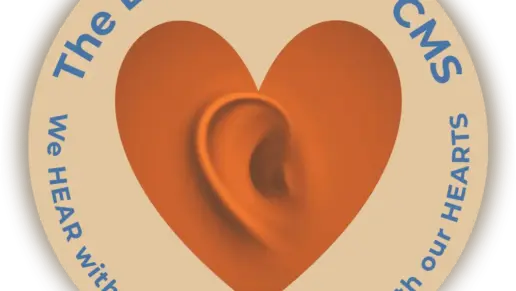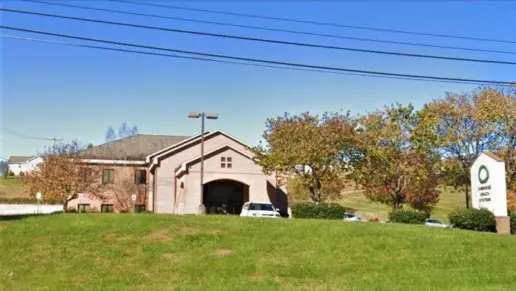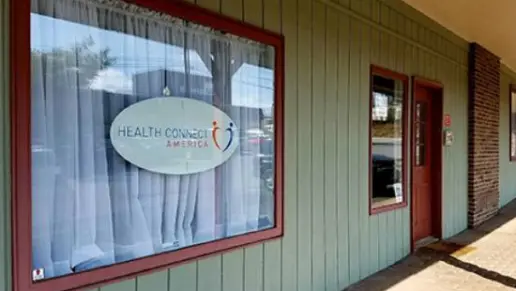Horrible experience! the people of this place treat the patients as if they were criminals and don't deserve to receive help, they are rude people. Also, the registry staff is very disorganized, they never explain anything and they expect you to know everything. Really bad e ...
About Cumberland Heights Treatment Center
Known as “Music City", Nashville, Tennessee, is an epicenter for country music and is home to Cumberland Heights Treatment Center. Since 1966, this private rehab has provided a full continuum of care for adults and adolescents struggling with addiction and co-occurring disorders. Whether you need 24/7 structured support or can live at home and attend rehab, they strive to meet you at any recovery stage. They accept multiple commercial insurance plans, including TRICARE.
The 12 Step philosophy is the foundation of their residential and outpatient programs. They complement care with individual, group and experiential therapies.
For me, their impressive location really caught my eye. You’ll have a tranquil space for reflection and healing surrounded by 177 acres of breathtaking woodlands and hills. They provide plenty of chances to take in the beauty of nature with walking trails, gardens, ponds and a stunning courtyard. You’ll also have options for sober recreational activities, like indoor rock climbing and basketball. They create the ideal atmosphere to step away from city distractions and hone in on recovery.
Another wonderful feature I noticed was their gender-specific approach. You can participate in targeted care that accounts for gender’s unique biological and environmental effects on addiction. Additionally, you’ll benefit from a comfortable space to open up among peers who understand your experiences. That way you can build solid relationships while sharing your story with others on similar paths.
Lastly, I think their family program is exceptional. They understand that addiction is a familial disease and your loved ones also need support in this journey. You and your family can participate in therapeutic and experiential exercises to build trust, strengthen relationships and learn about recovery. You and your loved ones will benefit from exploring family dynamics while gaining the tools to support each other.
Latest Reviews
Rehab Score
Gallery
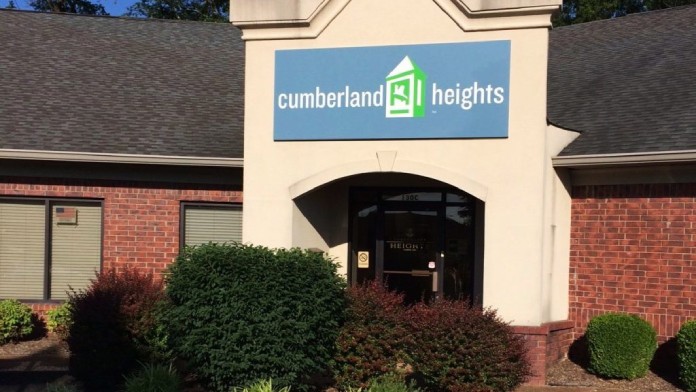
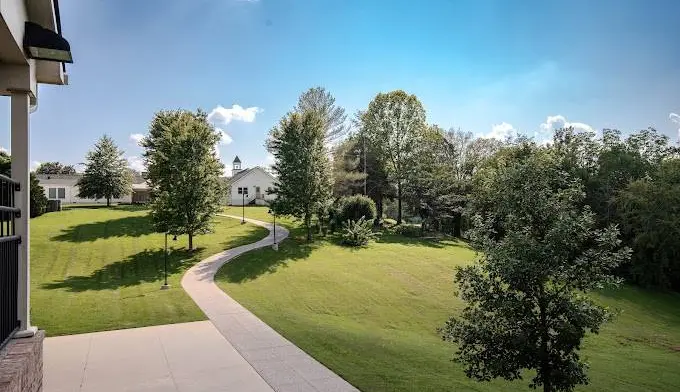

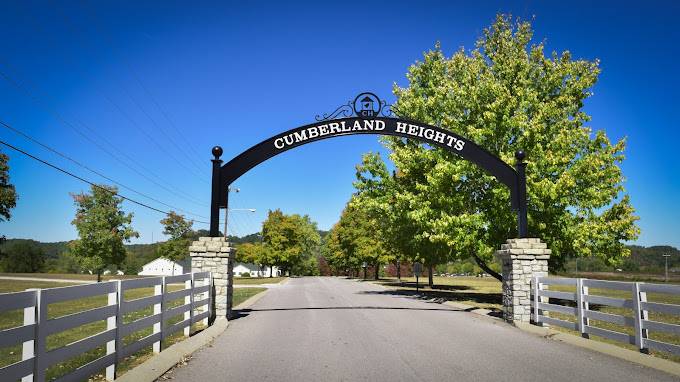
Location
Accepted Insurance
Other Forms of Payment
Private insurance refers to any kind of healthcare coverage that isn't from the state or federal government. This includes individual and family plans offered by an employer or purchased from the Insurance Marketplace. Every plan will have different requirements and out of pocket costs so be sure to get the full details before you start treatment.
Self-pay involves paying for treatment out of your own pocket. You can use savings or credit, get a personal loan, or receive help from family and friends to fund your treatment. If you don't have insurance or your insurance plan doesn't cover a specific program, self-pay can help ensure you still get the care you need.
Military members, veterans, and eligible dependents have access to specific insurance programs that help them get the care they need. TRICARE and VA insurance can help you access low cost or no cost addiction and mental health treatment. Programs that accept military insurance often have targeted treatment focused on the unique challenges military members, veterans, and their families face.
Addiction Treatments
Levels of Care
Treatments
The goal of treatment for alcoholism is abstinence. Those with poor social support, poor motivation, or psychiatric disorders tend to relapse within a few years of treatment. For these people, success is measured by longer periods of abstinence, reduced use of alcohol, better health, and improved social functioning. Recovery and Maintenance are usually based on 12 step programs and AA meetings.
When your day-to-day life is taken over by drug use, this is known as substance use disorder. If you abruptly stop using your drug of choice, you experience withdrawal symptoms. To overcome this cycle, professional drug rehab in Tennessee is usually needed.
Many of those suffering from addiction also suffer from mental or emotional illnesses like schizophrenia, bipolar disorder, depression, or anxiety disorders. Rehab and other substance abuse facilities treating those with a dual diagnosis or co-occurring disorder administer psychiatric treatment to address the person's mental health issue in addition to drug and alcohol rehabilitation.
A combined mental health and substance abuse rehab has the staff and resources available to handle individuals with both mental health and substance abuse issues. It can be challenging to determine where a specific symptom stems from (a mental health issue or an issue related to substance abuse), so mental health and substance abuse professionals are helpful in detangling symptoms and keeping treatment on track.
Opioid rehabs specialize in supporting those recovering from opioid addiction. They treat those suffering from addiction to illegal opioids like heroin, as well as prescription drugs like oxycodone. These centers typically combine both physical as well as mental and emotional support to help stop addiction. Physical support often includes medical detox and subsequent medical support (including medication), and mental support includes in-depth therapy to address the underlying causes of addiction.
Programs



Clinical Services
Typical cognitive behavioral therapy in Tennessee involves recognizing negative thinking and learning techniques to change that thinking and create new, positive behaviors. Strategies may include SMART goals, journaling, and situation exposure.
Counseling in Tennessee that takes a dialectical behavior therapy approach can last from six to 12 months. During that time, you'll develop skills in the areas of distress tolerance, mindfulness, emotional regulation, and interpersonal effectiveness.
Equine therapy, aka equine-assisted therapy (EAT), is a form of experiential therapy that involves interactions and activities with horses. It does not necessarily involve riding horses, but all activities related to horses, such as feeding, grooming, haltering and leading them. A mental health professional frequently oversees the activities (often in conjunction with a horse professional), and helps patients process their thoughts, feelings, and behavior patterns during and/or after the interaction. Equine assisted therapy is being used in a wide variety of settings to help people with acute and chronic illnesses, like addiction. This is based on the many physical and psychological benefits seen in patients when they interact with the horses. These include lowered blood pressure and heart rate, increased beta-endorphin levels (a hormone produced by the brain and nervous system that reduces pain), decreased stress levels, reduced feelings of anger, hostility, tension and anxiety, improved social functioning, and increased feelings of empowerment, trust, patience and self-esteem. Equine therapy is looked upon as both a learning and healing experience.
Group therapy is any therapeutic work that happens in a group (not one-on-one). There are a number of different group therapy modalities, including support groups, experiential therapy, psycho-education, and more. Group therapy involves treatment as well as processing interaction between group members.
If you participate in motivational interviewing in Tennessee, your therapist will focus on four key strategies: open questions, affirmation, reflections, and summarizing. Rather than confront or warn you to change, the clinician will allow you to explore your own motivations and decide what changes you may need to make in your life.
Trauma therapy addresses traumatic incidents from a client's past that are likely affecting their present-day experience. Trauma is often one of the primary triggers and potential causes of addiction, and can stem from child sexual abuse, domestic violence, having a parent with a mental illness, losing one or both parents at a young age, teenage or adult sexual assault, or any number of other factors. The purpose of trauma therapy is to allow a patient to process trauma and move through and past it, with the help of trained and compassionate mental health professionals.
Amenities
-
Gym
-
Yoga Studio
-
Private Rooms
-
Residential Setting
-
Hiking
-
Walking Trails
Accreditations

The Commission on Accreditation of Rehabilitation Facilities (CARF) is a non-profit organization that specifically accredits rehab organizations. Founded in 1966, CARF's, mission is to help service providers like rehab facilities maintain high standards of care.
CARF Accreditation: Yes

The Joint Commission, formerly known as JCAHO, is a nonprofit organization that accredits rehab organizations and programs. Founded in 1951, the Joint Commision's mission is to improve the quality of patient care and demonstrating the quality of patient care.
Joint Commission Accreditation: Yes
Accreditation Number: 3395

The National Association of Addiction Treatment Providers (NAATP) is a professional association that represents organizations in the field of addiction services. Founded in 1978, NAATP's mission is to advance addiction services and ensure that high-quality addiction treatment is available and accessible.
NAATP Member: Yes
Member ID: 10759
Contact Information
8283 River Road
Nashville, TN 37209







